philipp meuser photography
The Mountain that Walks
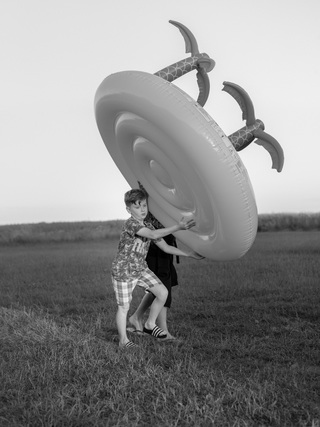
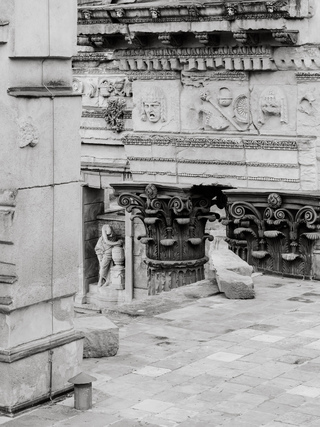
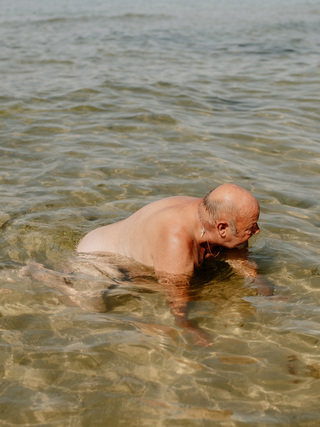
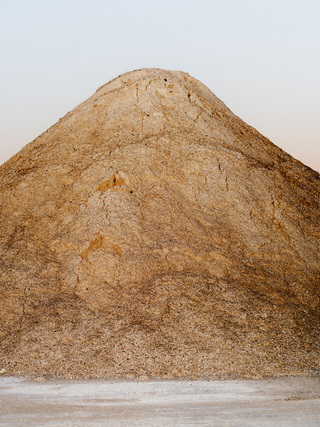
The Mountain that Walks, 2024
[ENG]
Nature doesn‘t need us - but we need it even more. Although over 50% of the living cells in our bodies us are non-human, we perceive ourselves as self-contai- ned. While Western economic models see nature primar- ily as a resource and monotheistic religions place humans at the pinnacle of creation, we lose contact with the natu- ral world around us.
The poetic-documentary photographic work „The Moun- tain that Walks“ embarks on a visual journey to the earth, visits places where nature is to be declared a subject of law, it scours forgotten sanctuaries of past societies and excavates what is left of the tales.
I search for the images of a new perception and for the spi- rit, language and culture of a world from whose supposed center we look around. And I ask myself: when we look at nature, what do we actually see?
Philipp Meuser, 2024
[DE]
Die Natur braucht uns nicht – wir sie aber umso mehr. Obwohl über 50% der in uns lebenden Zellen nicht- menschlich sind, nimmt sich der Mensch selbst als abge- schlossen wahr. Während westliche Wirtschaftsmodelle die Natur primär als Ressource sehen und monotheisti- schen Religionen den Menschen an die Spitze der Schöp- fung setzen, verlieren wir den Kontakt zur uns umgeben- den natürlichen Welt.
Die poetisch-dokumentarische Fotoarbeit „The Mountain that Walks“ begibt sich auf eine visuelle Reise zur Erde und besucht Orte, an denen die Natur zum Rechtssubjekt erklärt werden soll, durchforstet vergessene Heiligtümer vergangener Gesellschaften und gräbt aus, was von den Erzählungen übrig geblieben ist.
Ich suche nach den Bildern einer neuen Wahrnehmung und nach Geist, Sprache und Kultur einer Welt, aus deren vermeintlichem Zentrum wir uns umschauen. Und ich frage mich: Wenn wir auf die Natur schauen, was sehen wir eigentlich?
Philipp Meuser, 2024
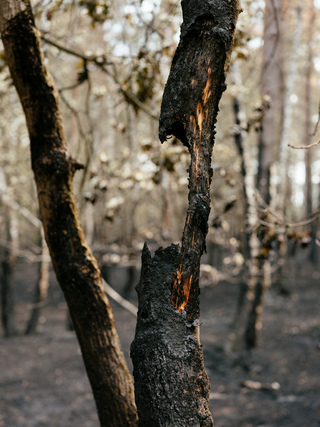
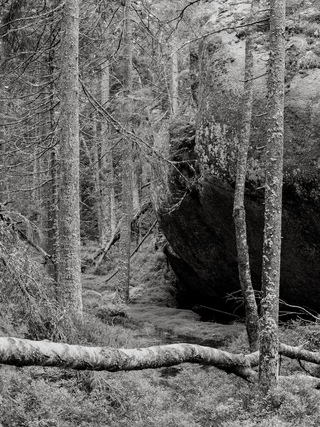
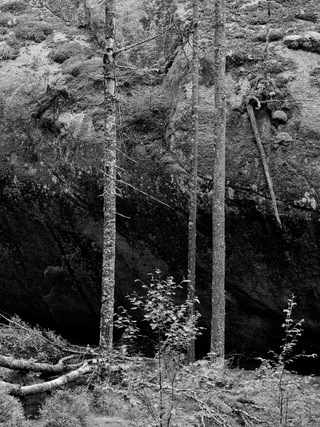
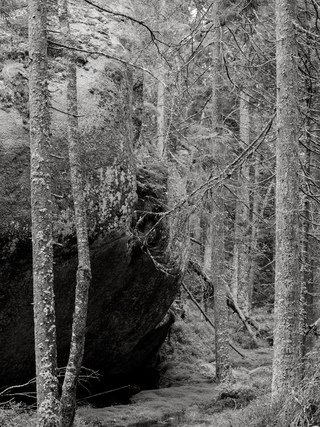
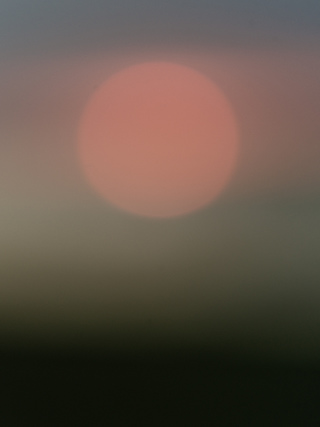
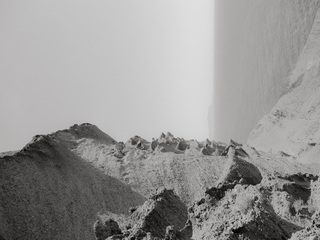
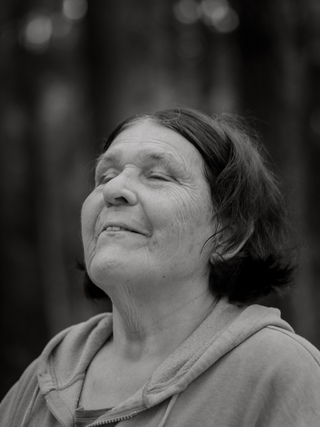

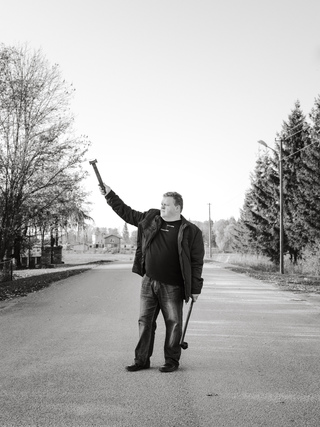
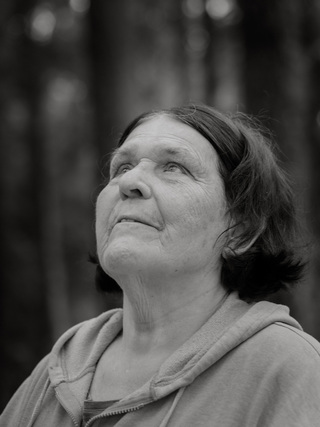
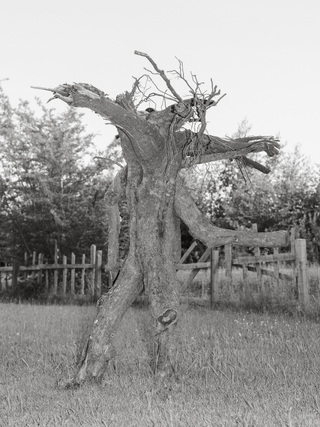
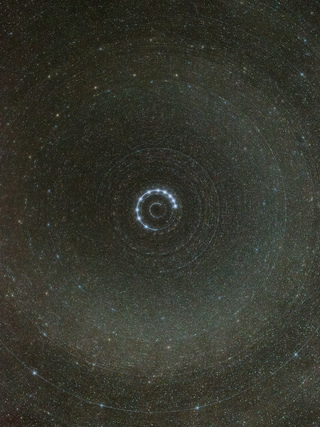
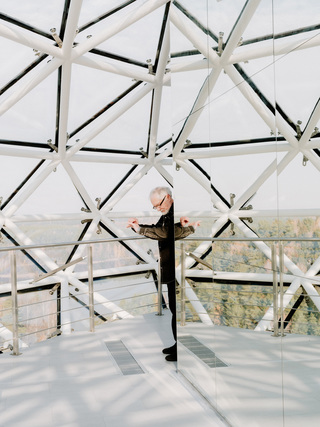
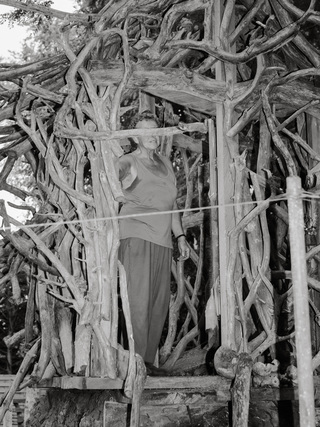
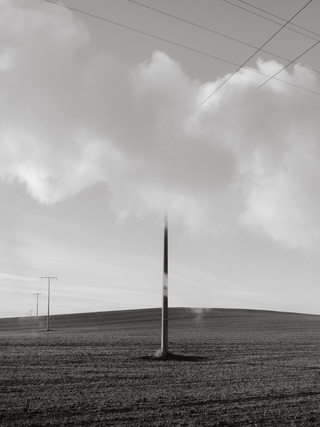
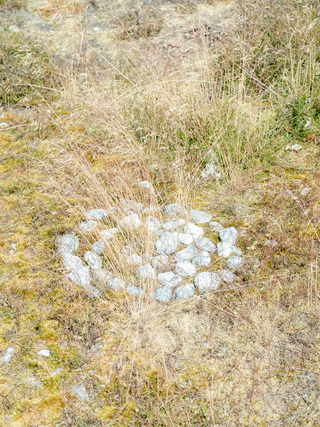

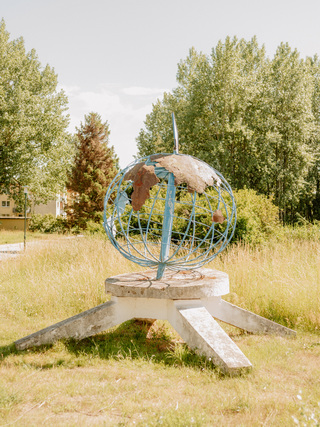
INTRODUCTION TO THE ESSAY
THE MOUNTAIN THAT WALKS
Philipp Meuser
“The world was created for man. Not man for the world“.
This was stated 200 years ago by the British polymath Francis Bacon, who is at least considered to be the founder of modern empirical rational natural science. We may not be able to conclusively clarify whether he was right with this statement, but we can at least develop some doubts about it.
However, the fact that man is trying to “conquer and subjugate nature” and “shake it to its foundations” seems beyond doubt, and today‘s Mars colonization
plans and space tourism even seem to pay tribute to Bacons’ desire to “extend the dominion of man to the whole universe.” The last two centuries of “growth ideology” (Metzinger, 2023) with its “imperative of efficiency” (Rifkin, 2022) and “occidental rationalization processes” (Rosa, 2022) have attempted to separate nature and culture.
And they have succeeded. So well, according to an article in German SPIEGEL Magazine, that humanity is in the process of destroying the foundations of human life with its own way of life. And it adds: The only events that can
only be halfway compared to the pace of destruction caused by human activity are asteroid impacts. This development is being driven above all by Western
and democratic, developed and progressive, efficient and enlightened countries such as Germany.
Every year, the Global Footprint Network organization determines the day on which the year‘s resources are used up. It calculates the planetary loss-free production capacity of raw materials, food and drinking water,
man-made waste and CO2 emissions and compares them with human consumption. While this “Earth Overshoot Day” was on October 30 worldwide in 2023, it was already on May 4 in Germany. Based on the calculations,
1.7 Earths would be needed for global consumption. If everyone in the world lived the same way as in Germany, it would take three Earths, 2.6 for China and over five for the USA. “In order to live in balance with nature and reduce greenhouse gases as recommended by the Intergovernmental Panel on Climate Change (IPCC), the Earth Overshoot Day would have to be postponed by 19
days every year for the next seven years” (Woodall, 2023).
And to slow down these above-mentioned daily human asteroid impacts, it would probably require at least “rapid, far-reaching and unprecedented
changes in all areas of society.” (IPCC, 2018) Rapid in the sense of 12 years, i.e. soon, i.e. actually now.
Nature does not need humans - but humans need it all the more. But today, it is actually no longer so easy to define the human being. In 2007, the
“Human Microbiome Project” designated humans as biomes, i.e. as a separate ecosystem, a network of relationships made up of hundreds of thousands
of non-human actors that inhabit our bodies. And yet: although more than 50% of the cells in our bodies are not human, we perceive ourselves as self-contained.
In the five paragraphs of this introduction, eleven figures on the current state of the climate crisis are listed. There will be many more in the following chapters. In the next section alone, there are 24 figures on around two pages.
24 figures that back up the facts. “A great deal of environmental discussion is scientific: we constantly hear about emissions, particles, pollution levels and the ozone layer. This provides us with essential information and we have become familiar with the terminology”,
says British religion researcher Karen Armstrong on the method of scientific work. And she adds: “But it does not move us emotionally.” The facts are on the table. Our behavior doesn‘t follow, the facts don‘t move us or they move us too slowly. Why is that?
“For most of human history, there were two ways of thinking, speaking and acquiring knowledge about the world: mythos and logos.‘ Both were essential to comprehending reality: they were not in opposition to one another but complementary modes of arriving at truth, and each had its special area of competence.“
(Armstrong, 2022)
What does it do to us when we learn that we are more than 50% non-human and are actually 75% water anyway? And why doesn‘t it really do much
to us and when does it start to do something? Maybe it starts with a radical change in our view of the natural world. Maybe it starts with a new and at the
same time old way of perceiving, a different perspective on our surroundings and the recognition that we are surrounded by (either “more” or “really”) intelligent
systems that carry magic of their own.
This text examines a change of perspective on nature and ourselves that precedes the radical change that is called for, which at the very least trains us
in resilience and at the very most hopes that we might discover much more about ourselves than we actually intended. To do this, however, we will have
to abandon the previously comfortable viewpoint that we are not the crown of creation at all, but just a small prong, at least for the duration of this reading. But maybe it‘s worth it.
enter text here
Exhibition Views
HSBI Bielefeld, 2024
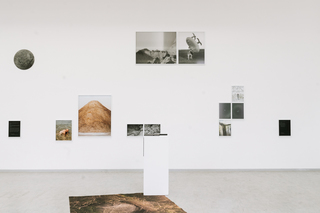
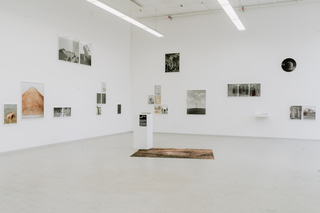
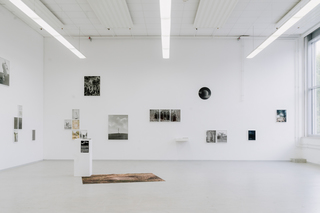
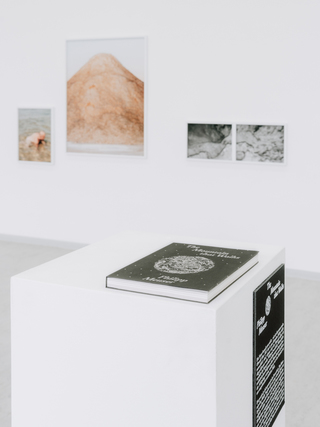
–––––––– –––––––
JavaScript is turned off.
Please enable JavaScript to view this site properly.